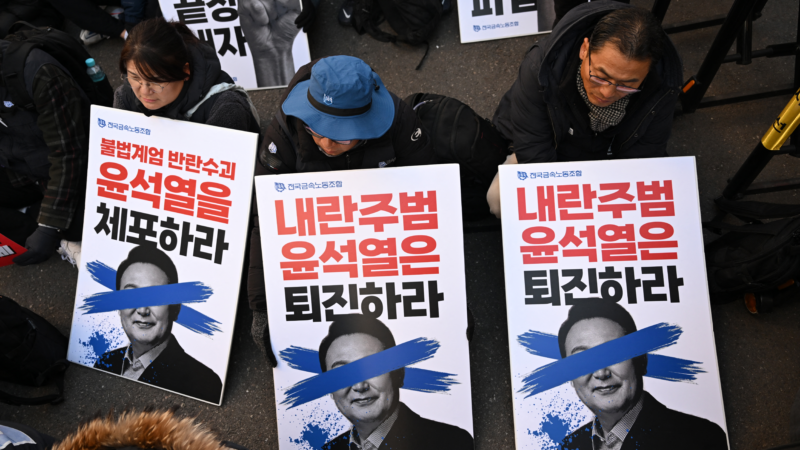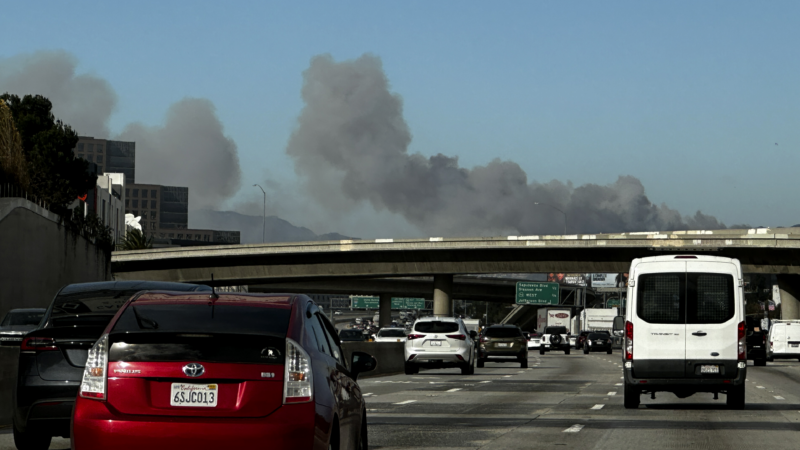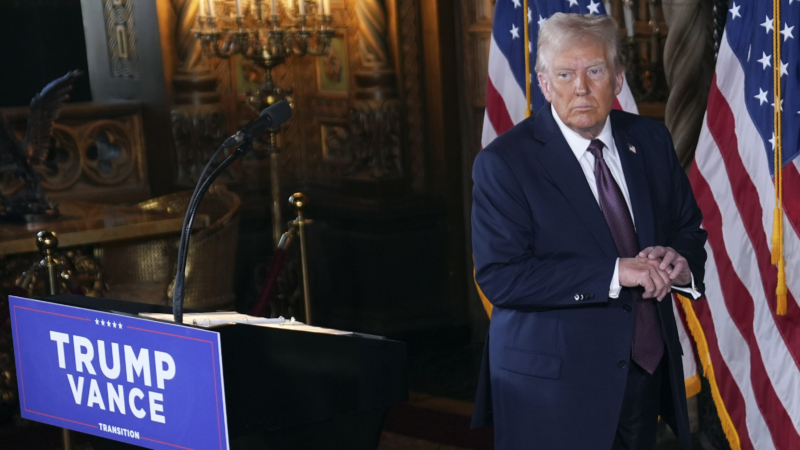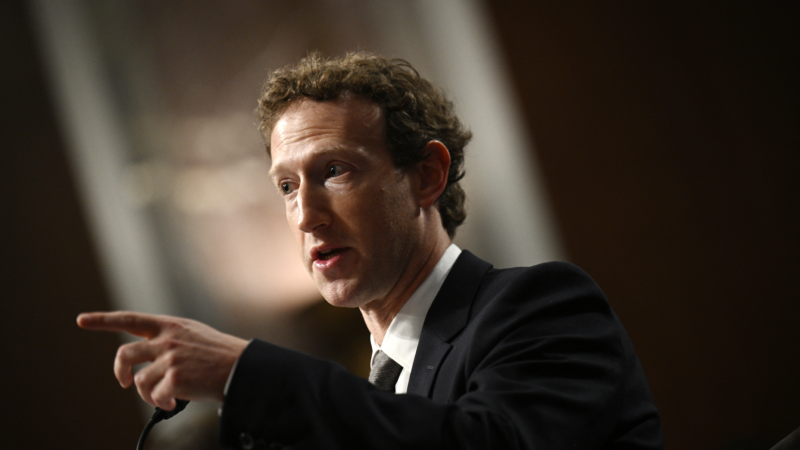After trying to impose martial law, South Korea’s president faces an impeachment vote
SEOUL — As new details emerged on Friday about a failed attempt by South Korea’s President Yoon Suk Yeol to impose martial law this week, calls for his impeachment have strengthened.
Parliament is expected to vote Saturday on an impeachment measure, and large street demonstrations are expected.
Among the details that came out Friday were that Yoon’s then-defense minister ordered troops to remove lawmakers from South Korea’s parliament building and detain them — something the military refused to do. Kim Yong-hyun, the defense minister, subsequently resigned.
“It was clearly illegal to drag lawmakers out, and the people carrying out that mission would naturally be held legally responsible later,” South Korean Army Special Warfare commander Lt. Gen. Kwak Jong-keun said in a meeting with lawmaker Kim Byung-joo, South Korean media reported. “I knew it would be considered insubordination, because I was given this order, but I did not relay it,” Kwak said.
“These soldiers that were sent in were not conscripts. They were professionals, all of them,” retired special forces commander Lt. Gen. Chun In-bum tells NPR. “The people that tasked them did not realize that they’re democratically trained citizen soldiers, not zombies.”
South Korea’s Martial Law Act says lawmakers have immunity from arrest unless they’re caught committing a crime.
As a result of the commanders’ refusal to follow the former defense minister’s orders, the lawmakers stayed in Parliament and voted unanimously to demand that Yoon cancel his martial law order, which he did early on Wednesday, some six hours after issuing it.
Troops were, however, dispatched to the National Election Commission on Tuesday night. Then-Defense Minister Kim told local media that “it was to assess the necessity of an investigation into alleged election fraud.”
Another detail that emerged on Friday came from the deputy director of South Korea’s spy agency, who said that Yoon had ordered him to arrest not only lawmakers, but also a popular liberal journalist and a former supreme court justice. Spy agency chief Cho Tae-yong later denied that Yoon had ordered any politicians’ arrests.
Amid concerns that Yoon might make another attempt to declare martial law, South Korea’s acting defense minister Kim Seon-ho told reporters that neither the ministry nor the military would accept such orders.

Meanwhile, Yoon’s own party chief said Friday that Yoon’s constitutional powers should be suspended, warning the president poses “significant risk of extreme actions, like reattempting to impose martial law, which could potentially put the Republic of Korea and its citizens in great danger.”
Friday’s revelations appear to increase the likelihood of Yoon’s impeachment. Saturday’s vote will require a two-thirds majority of the 300-member Parliament, which means some ruling party lawmakers will have to side with the opposition for the vote to succeed. At least one has said he would support impeachment.
If Yoon is impeached, it could remove a regional leader who has supported the Biden administration’s key policy goals in Asia.
“Yoon in many ways was the sort of best partner the United States could have in South Korea,” says Daniel Sneider, an expert on U.S. policy toward Asia at Stanford University. And, he says, “the Biden administration has invested a tremendous amount in President Yoon’s administration,” especially in prodding Seoul and Tokyo to put aside historical feuds and join in trilateral military cooperation to deter North Korea.
An election following an impeachment, Sneider says, might produce a liberal administration much more interested in engaging with Russia, North Korea and China.
Therefore, says Leif-Eric Easley, a professor of international studies at Ewha Womans University in Seoul, “The stakes in Seoul extend beyond Korean democracy.”
Those stakes include whether a key middle power in Asia will continue to join with Washington in opposing Russia’s invasion of Ukraine, Easley says, and in advocating for human rights.
NPR’s Se Eun Gong contributed to this report in Seoul.
There’s great TV coming in January, from ‘Severance’ Season 2 to a Jerry Springer doc
There is a lot of TV on deck in the new year – including multiple medical dramas, a violent Netflix drama about Utah settlers in the 1850s, plus, cop shows, Westerns and documentaries.
Life-threatening windstorm triggers wildfire in Southern California
Southern California hasn't seen significant rainfall since last April, and a pileup of dry fuel in combination with the winds has the region on edge. A mandatory evacuation order was issued for the Palisades.
Peter Yarrow of the folk trio Peter, Paul and Mary has died at 86
Yarrow wrote or co-wrote some of the group's biggest 1960s hits, including "Puff, the Magic Dragon" and "Day Is Done."
NASA hedges its bets on costly Mars rock mission
NASA has announced it is moving forward with several plans to return rock samples from Mars.
Trump in news conference says ‘all hell will break out’ if Gaza hostages not released
The president-elect made a similar pledge on social media in early December. His latest comments came during a wide-ranging news conference from Mar-a-Lago.
Meta says it will end fact checking as Silicon Valley prepares for Trump
CEO Mark Zuckerberg called the company's previous content moderation policies "censorship," repeating talking points from President-elect Donald Trump and his allies.







